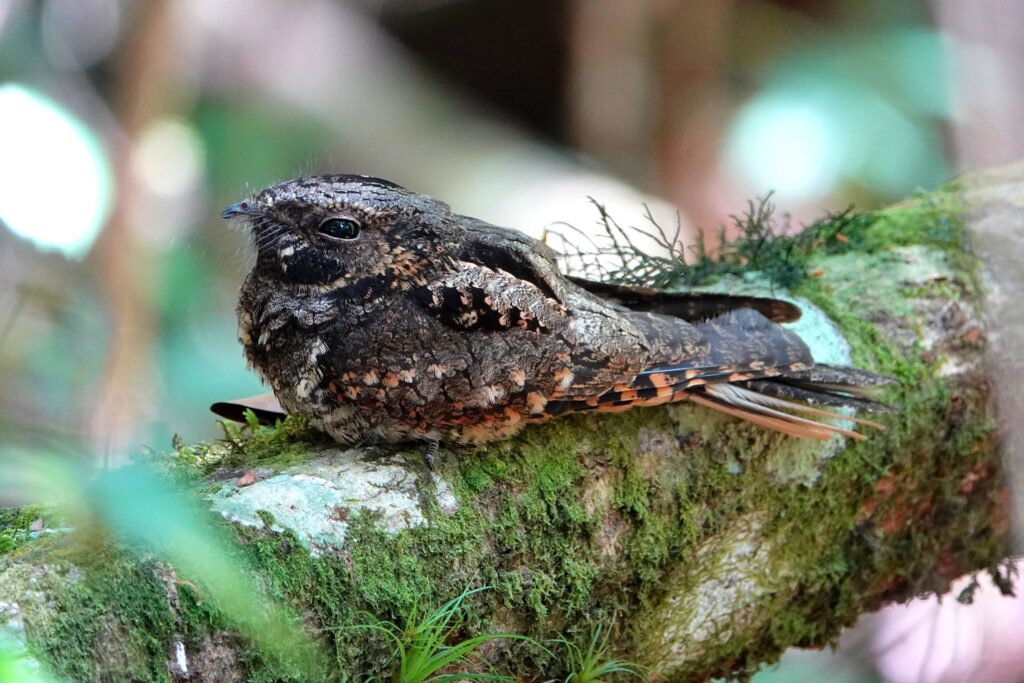Over four plus years of being ill, I have never managed to reach a state where I’m entirely happy with a day in which I ‘get nothing done’.
Western culture is centred around ‘what you do’ and we pass judgement and assign value to people according to this idea. There were times in the past where I held jobs that were seen as being of less value, and people didn’t quite know how to talk to someone who was a sales assistant or a housekeeper.
Now, of course, I have a different problem, in that I have no job to form this vital part of my identity. My days lack structure and discipline, and I don’t have the dignity of saying to people ‘I am a (insert job here).’ Instead, I have my writing (unpaid), which I work on when I feel well enough. I also have my volunteer work at a women’s centre (again unpaid), which I go to when I feel well enough.
I’m thankful for both, but they don’t give me the regularity and perceived value of a ‘proper job’. A recent article in The Times described chronically ill people as ‘economically inactive’ and an ‘army’. And these were not the only unpleasant and pejorative things said about us in this piece. I wrote to the paper expressing my disappointment and am waiting to hear back…
I don’t see myself as ‘economically inactive’, because volunteer work is an essential part of the charity sector. But because I can’t predict my health or promise my outcomes, I don’t have a routine and I do pass many days in which I achieve comparatively little.
Those are the ‘nightjar’ days.
The days in which I ostensibly do more are the ‘hare’ days.
So, how do I feel on the ‘hare’ days? Am I running, boxing, destroying crops…? Not quite.
But I do feel a greater sense of purpose, as though there is an undercurrent of the power my body once held running through me. I can walk/drive/move a bit further, and as I’m used to being stuck at home, it feels nothing short of miraculous.
But it is only a glimpse. Even on my best days, I still only hold a fraction of the energy my body once had, and I have to remind myself of that when I inadvertently engage in self-gaslighting: Wow! I made a cake! Maybe I’m not ill after all…
I can get carried away on ‘hare’ days, imagining what I’ll be able to achieve when I’m better… picturing people’s faces light up with newfound respect when I tell them, ‘I’m a (insert job here).’
Inevitably, it fades. The energy dries up, the ground falls away; I slump to the floor and the fatigue sets in, binding me down like an oppressive weed. What then? How to stay sane?
How do I cope when the hare bolts into another field, and the nightjar comes into roost?
For those who don’t know, the nightjar is this wonderfully weird and grumpy bird-dragon that sits on the ground all day, blending in with its surroundings. It narrows its eyes against the sun and waits for the dark. At night, its eyes expand and it can fly about and hunt.
I identify with one as my condition keeps me stuck on the ground, and I often pass my days in one position, seemingly doing nothing.
‘Nightjar’ days are a challenge; I won’t pretend that they’re not. I drag myself out of bed, feeling more tired than when I went to sleep, and try to think how to occupy myself on a day where my body keeps me stuck fast and I have no-one to see and nowhere to go.
I am an introvert and enjoy being alone, but I am only a very mild sort of introvert. Nothing could really have prepared me for the all-encompassing isolation of chronic illness. The first year I was ill is a blur. I had no work (not even voluntary); I moved back in with my parents, and I passed my time crying, grieving and raging. I don’t remember it in detail, and I don’t want to.
It took another year after that for me to feel remotely positive about anything. I returned to my childhood dream of being a writer, and I began to volunteer. The sun began to shine again.
Fast forward three years, and I am in more-or-less the same circumstances. Still no paid job, but fulfilled by writing and volunteering.
However, the ‘nightjar’ days remain, and they are many.
On those days, I feel the fatigue running through my body; dictating my every action. My cheeks ache, my muscles groan, my eyes burn with the effort of staying open. Everything, even the simplest of activities, either causes me pain or sends me to sleep. Sometimes even watching TV is too much effort, so I lie there, listening to an audiobook, drifting in and out of consciousness. Writing is impossible, walking off the table… so how do I stop despair from sweeping through me along with the fatigue?
I suppose, much like the nightjar, I squint. I peer through my little daytime eyes and try to make sense of what is around me. I look for something in the garden; a blackbird, a rose, a flurry of blossom. I focus on the tiny details and make pictures and stories in my mind. Years ago, I saw a picture in a rosebush that is as special to me now as it was then.
This idea of focusing on the small things is something I’ve been cultivating for a few years now, and even on my ‘hare’ days I try to practise it. I am a lover of fungi, and I wade through the woods looking for specimens; admiring mosses, lichens and insects on the way. Being ill has truly opened my eyes to whole worlds I never saw before, and I’m thankful for my new lens.
On the ‘nightjar’ days, the observations become even smaller, limited to a single room or view. But, they’re significant. I remind myself of that when I start to become irritable or resentful. I have a smaller window to look through, but I don’t see any less.
I see more.
And I tell myself it is alright to be both nightjar and hare.
They each have value.
Please look out for future editions of Chronic Illness Chronicles on my website and subscribe to my newsletter for more blog posts, poems and stories.
If you live with chronic illness and would like to share your story with me, please write to me on the contact page or send me a message on Twitter or Instagram @estherbyrnecom.

